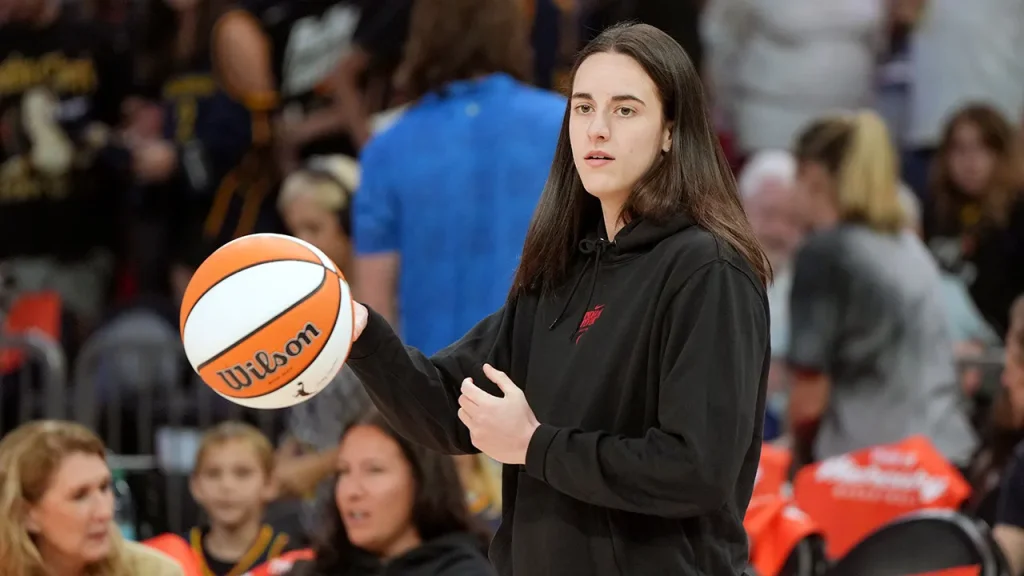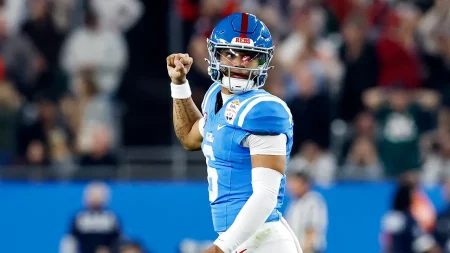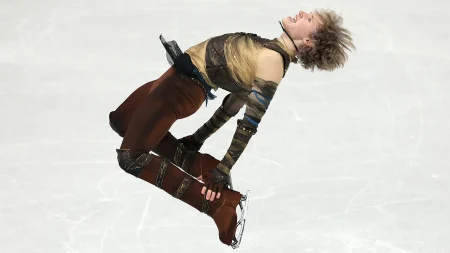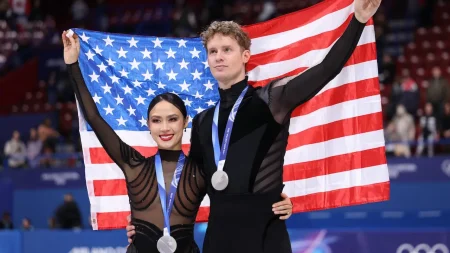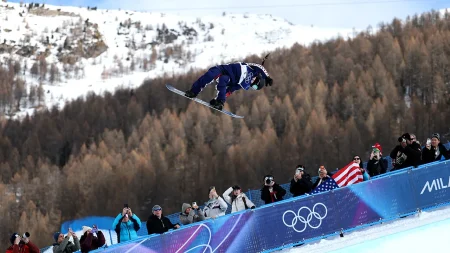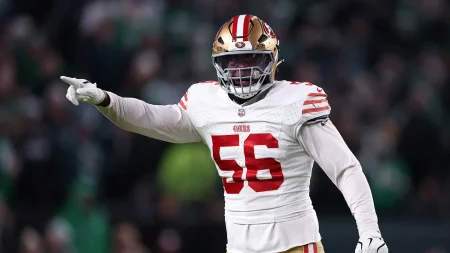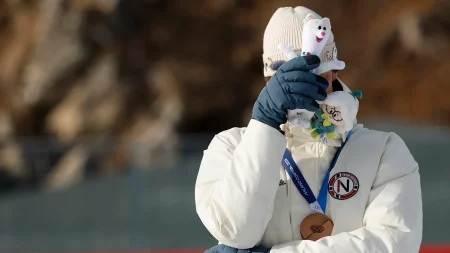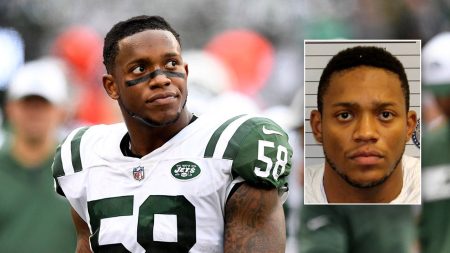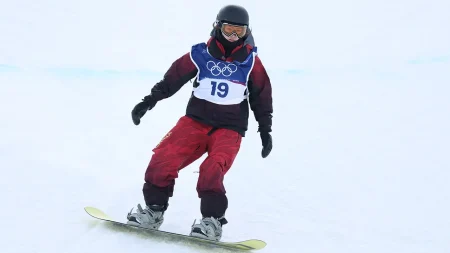The WNBA’s Caitlin Clark Conundrum: A League at a Crossroads
Longtime sportscaster Dan Patrick has recently highlighted what he perceives as a growing tension between the WNBA and its brightest new star, Caitlin Clark, against the backdrop of contentious collective bargaining negotiations. The situation came to light after Minnesota Lynx star Napheesa Collier revealed a private conversation with WNBA Commissioner Cathy Engelbert, claiming the commissioner suggested Clark should be grateful that the league provided her with a platform to earn $16 million in off-court endorsements—despite her rookie salary of just $78,000. This revelation has sparked debate about player compensation and the league’s relationship with its most marketable talents. Patrick didn’t mince words in his assessment: “The WNBA needs Caitlin Clark; Caitlin Clark does not need the WNBA,” he said during an appearance on OutKick’s “Don’t @ Me with Dan Dakich,” suggesting the power dynamic between the league and its breakout star is tilting in favor of the latter.
What makes this situation particularly intriguing is the timing—it’s unfolding during critical collective bargaining negotiations between the WNBA and its players. The current agreement, signed in 2020 for eight years, is now set to expire on October 31st after the players’ association voted to opt out early. Patrick characterized these negotiations as turning “dirty,” with Clark seemingly caught in the crossfire. He expressed surprise that Engelbert would specifically mention Clark in her conversation with Collier, especially considering that both players share the same agent—a detail that adds another layer of complexity to an already tangled situation. The controversy highlights the growing pains of a league experiencing unprecedented attention and the resulting tensions over how to distribute the financial benefits of this new spotlight.
Commissioner Engelbert has firmly denied making the comments about Clark, stating in a press conference, “Obviously, I did not make those comments. Caitlin has been a transformational player in this league. She’s been a great representative of the game. She’s brought in tens of millions of new fans to the game.” This denial creates a “he said, she said” situation that further complicates the narrative around player value and compensation in the WNBA. Patrick, for his part, acknowledged Engelbert’s achievements, noting she has “done some positive things” including securing five new expansion teams and negotiating a television deal that promises to increase the league’s visibility and, potentially, its revenue streams.
The debate touches on fundamental questions about player compensation in women’s sports. Clark’s rookie salary of $78,000—a fraction of what male players earn in the NBA—stands in stark contrast to her reported $16 million in endorsements, highlighting the disconnect between official league salaries and market value for star players. Patrick’s assertion that players shouldn’t “make $78,000 a year and then be thankful” for off-court opportunities raises valid points about equity and recognition. The situation reflects broader challenges in women’s sports, where athletes often rely on endorsements and outside opportunities to supplement relatively modest league salaries, even as they drive substantial value for their organizations through viewership, merchandise sales, and general interest.
This controversy emerges at a pivotal moment for the WNBA, which has experienced unprecedented growth in popularity, driven in part by Clark’s entrance into the league. Television ratings have soared, attendance has increased, and social media engagement has reached new heights—all positive indicators for a league that has struggled for mainstream attention throughout much of its existence. Yet this success brings new challenges, particularly around how to fairly compensate players who are driving this increased interest while operating within the financial constraints of a developing league. The tension between celebrating growth and addressing compensation inequities creates a delicate balancing act for league leadership.
Patrick, who brings significant credibility to this discussion from his three decades in sports broadcasting with ESPN and NBC Sports, offers perspective on what could be a defining moment for the WNBA. His observation that “the WNBA turned on Caitlin Clark” and is now realizing “we need her” suggests the league might be experiencing growing pains in how it manages relationships with transformative talents. As the October 31st deadline approaches for the collective bargaining agreement, the resolution of these tensions will likely shape not just Clark’s future in the league but potentially the WNBA’s long-term approach to player compensation and marketing. The outcome could establish important precedents for how women’s professional sports leagues value and compensate their star athletes in an era where social media and personal branding create new opportunities outside traditional league structures.




